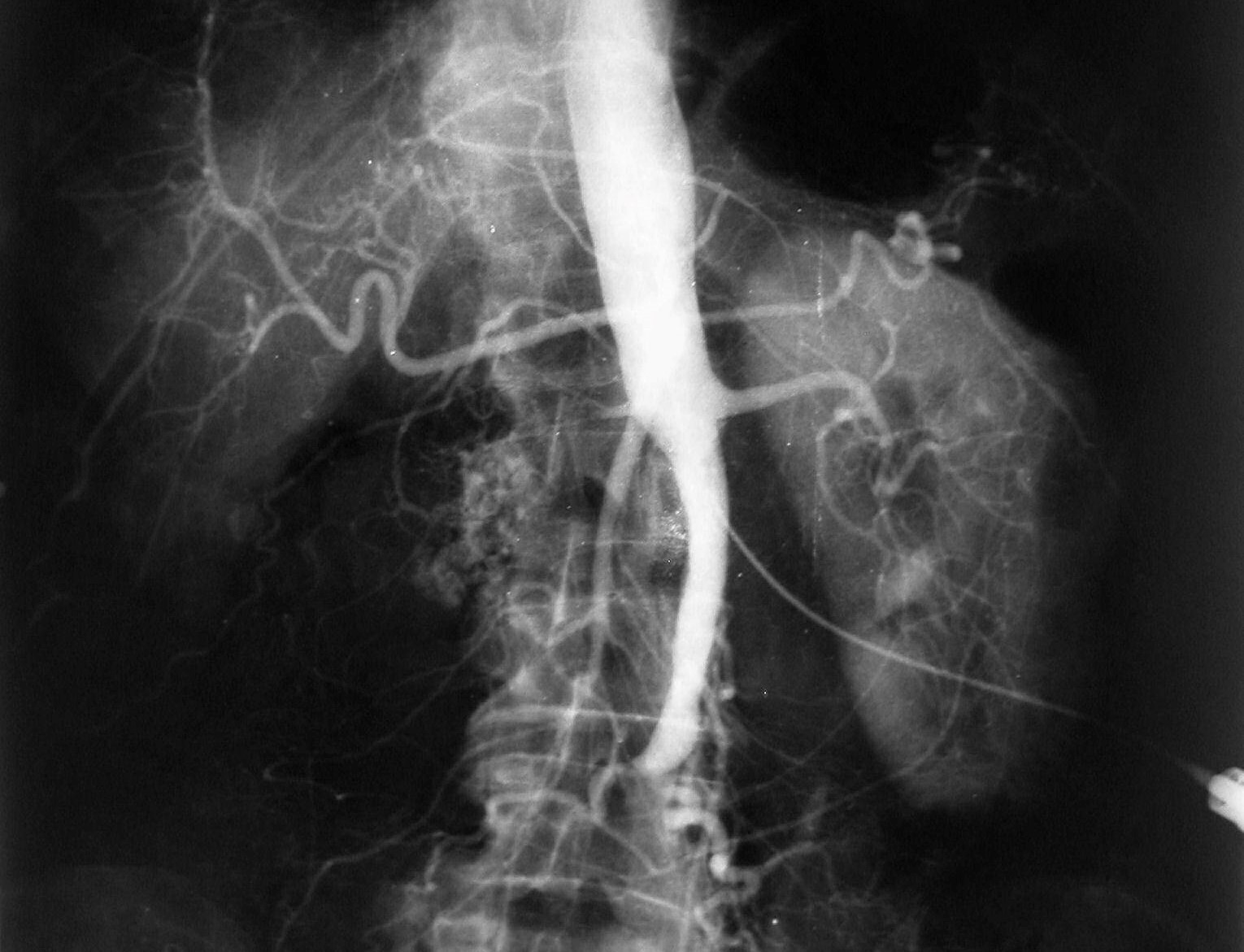
Aortic obstruction: overview of Leriche syndrome
Leriche syndrome is caused by chronic obstruction of the aortic bifurcation and characteristic symptoms include intermittent claudication or symptoms of chronic ischemia, reduced or absent peripheral pulses, and erectile dysfunction
Diagnosis of Leriche syndrome is made by CT scan with contrast medium or magnetic resonance imaging
Abdominal ultrasound is not always able to identify the problem.
However, color Doppler ultrasound may be able to show the absence of vascular flow in the iliac arteries.
However, CT and MRI are always needed for confirmation; to optimize the diagnosis it is useful to undergo arteriography and Doppler examination of the lower limbs.
Clearly, blood tests, arm and ankle pressure measurement to notice the differences between one and the other and any other tests prescribed by the doctor must not be missing.
You may need surgery, or you may proceed with antiplatelet therapy that will help relieve symptoms; other drugs that will be used will be those aimed at improving blood flow and tissue oxygenation.
Compression stockings can be used to support the medical therapy.
More advanced cases of Leriche syndrome may require surgical treatment
Common surgeries to treat Leriche syndrome include: angioplasty, bypass graft, endarterectomy, which involves opening the blocked artery and removing the built-up plaque.
The type of surgery will depend on the severity and location of the lesions: thromboendarterectomy will see the surgical removal of the thrombus occlusion but will only be performed for small lesions located in the aortoiliac tract, in the common femoral artery or in the deep one; revascularization; sympathectomy will see the chemical block of the sympathetic, useful for patients who experience severe pain, but who cannot undergo major surgery; the amputation will be performed in case of uncontrollable pain or gangrene.
At a therapeutic level it is also essential to act on the factors that can trigger atherosclerosis such as: lack of physical exercise, incorrect nutrition with diets excessively rich in fat, obesity, smoking, keeping predisposing diseases such as diabetes mellitus, high cholesterol and systemic hypertension under control.
Prevent Leriche Syndrome
While it is not possible to completely prevent Leriche Syndrome, improving your lifestyle can reduce the likelihood of developing this disease.
Prevention is implemented by doing regular activity, following a diet that is rich in vegetables, fruit, whole grains and reducing fatty foods, not smoking, undergoing periodic checks.
Read Also
Emergency Live Even More…Live: Download The New Free App Of Your Newspaper For IOS And Android
Semeiotics Of The Heart And Cardiac Tone: The 4 Cardiac Tones And The Added Tones
Heart Murmur: What Is It And What Are The Symptoms?
Branch Block: The Causes And Consequences To Take Into Account
Cardiopulmonary Resuscitation Manoeuvres: Management Of The LUCAS Chest Compressor
Supraventricular Tachycardia: Definition, Diagnosis, Treatment, And Prognosis
Identifying Tachycardias: What It Is, What It Causes And How To Intervene On A Tachycardia
Myocardial Infarction: Causes, Symptoms, Diagnosis And Treatment
Aortic Insufficiency: Causes, Symptoms, Diagnosis And Treatment Of Aortic Regurgitation
Congenital Heart Disease: What Is Aortic Bicuspidia?
Atrial Fibrillation: Definition, Causes, Symptoms, Diagnosis And Treatment
Ventricular Fibrillation Is One Of The Most Serious Cardiac Arrhythmias: Let’s Find Out About It
Atrial Flutter: Definition, Causes, Symptoms, Diagnosis And Treatment
What Is Echocolordoppler Of The Supra-Aortic Trunks (Carotids)?
What Is The Loop Recorder? Discovering Home Telemetry
Cardiac Holter, The Characteristics Of The 24-Hour Electrocardiogram
Peripheral Arteriopathy: Symptoms And Diagnosis
Endocavitary Electrophysiological Study: What Does This Examination Consist Of?
Cardiac Catheterisation, What Is This Examination?
Echo Doppler: What It Is And What It Is For
Transesophageal Echocardiogram: What Does It Consist Of?
Paediatric Echocardiogram: Definition And Use
Heart Diseases And Alarm Bells: Angina Pectoris
Fakes That Are Close To Our Hearts: Heart Disease And False Myths
Sleep Apnoea And Cardiovascular Disease: Correlation Between Sleep And Heart
Myocardiopathy: What Is It And How To Treat It?
Venous Thrombosis: From Symptoms To New Drugs
Cyanogenic Congenital Heart Disease: Transposition Of The Great Arteries
Heart Rate: What Is Bradycardia?
Consequences Of Chest Trauma: Focus On Cardiac Contusion
Performing The Cardiovascular Objective Examination: The Guide


